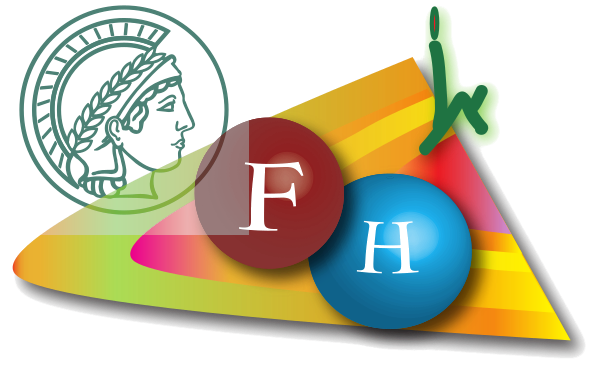Date:
Thu, 30/03/2023 - 11:00 to 12:00
Location:
Los Angeles Bld., Jerusalem, Israel
Abstract
Electrons in zero external magnetic field (B=0) can be studied either with density functional theory (DFT) or with
spin-DFT (SDFT). In this talk, my first aim is to present how to correct a qualitative error in the standard KS-DFT
treatment of open shell systems. This qualitative error had led to the misconception that SDFT approximations for
open shells are inherently superior to those of DFT. As it turns out, this widespread view is incorrect: correcting this
error for open shells allows the approximate DFT xc functionals to become as accurate as the corresponding
approximate xc functionals in SDFT. This result is helpful for the understanding of the DFT-KS potential in general.
For example, consider the XC discontinuity, the shift of the KS XC potential when the number of electrons crosses
an integer number of particles from N to N+1. Either N or N+1 is an odd number, and the analysis about the XC
discontinuity in the literature assumes it is possible to calculate the KS XC potential for an odd number of electrons
accurately, without making qualitative errors, which is now possible.
My second aim is to demonstrate there is a link between DFT and SDFT when B = 0. This represents another
fundamental gap in our understanding of the two theories, the younger of which turned 50 last year. When B = 0
there is only one external potential, but two are necessary for its formulation. (In the collinear case, two external
potentials are conjugate to the density and the magnetisation.) Then, it seems that either SDFT would have a
singular limit when B = 0 (which it does not), or the KS equations of SDFT should reduce to a set of equations of
DFT. I shall argue that this intuition is correct and I shall establish the missing link which connects SDFT with DFT.
An interesting corollary is that the unrestricted KS equations of SDFT can be re-derived as the generalised KS
equations of DFT.
Electrons in zero external magnetic field (B=0) can be studied either with density functional theory (DFT) or with
spin-DFT (SDFT). In this talk, my first aim is to present how to correct a qualitative error in the standard KS-DFT
treatment of open shell systems. This qualitative error had led to the misconception that SDFT approximations for
open shells are inherently superior to those of DFT. As it turns out, this widespread view is incorrect: correcting this
error for open shells allows the approximate DFT xc functionals to become as accurate as the corresponding
approximate xc functionals in SDFT. This result is helpful for the understanding of the DFT-KS potential in general.
For example, consider the XC discontinuity, the shift of the KS XC potential when the number of electrons crosses
an integer number of particles from N to N+1. Either N or N+1 is an odd number, and the analysis about the XC
discontinuity in the literature assumes it is possible to calculate the KS XC potential for an odd number of electrons
accurately, without making qualitative errors, which is now possible.
My second aim is to demonstrate there is a link between DFT and SDFT when B = 0. This represents another
fundamental gap in our understanding of the two theories, the younger of which turned 50 last year. When B = 0
there is only one external potential, but two are necessary for its formulation. (In the collinear case, two external
potentials are conjugate to the density and the magnetisation.) Then, it seems that either SDFT would have a
singular limit when B = 0 (which it does not), or the KS equations of SDFT should reduce to a set of equations of
DFT. I shall argue that this intuition is correct and I shall establish the missing link which connects SDFT with DFT.
An interesting corollary is that the unrestricted KS equations of SDFT can be re-derived as the generalised KS
equations of DFT.

